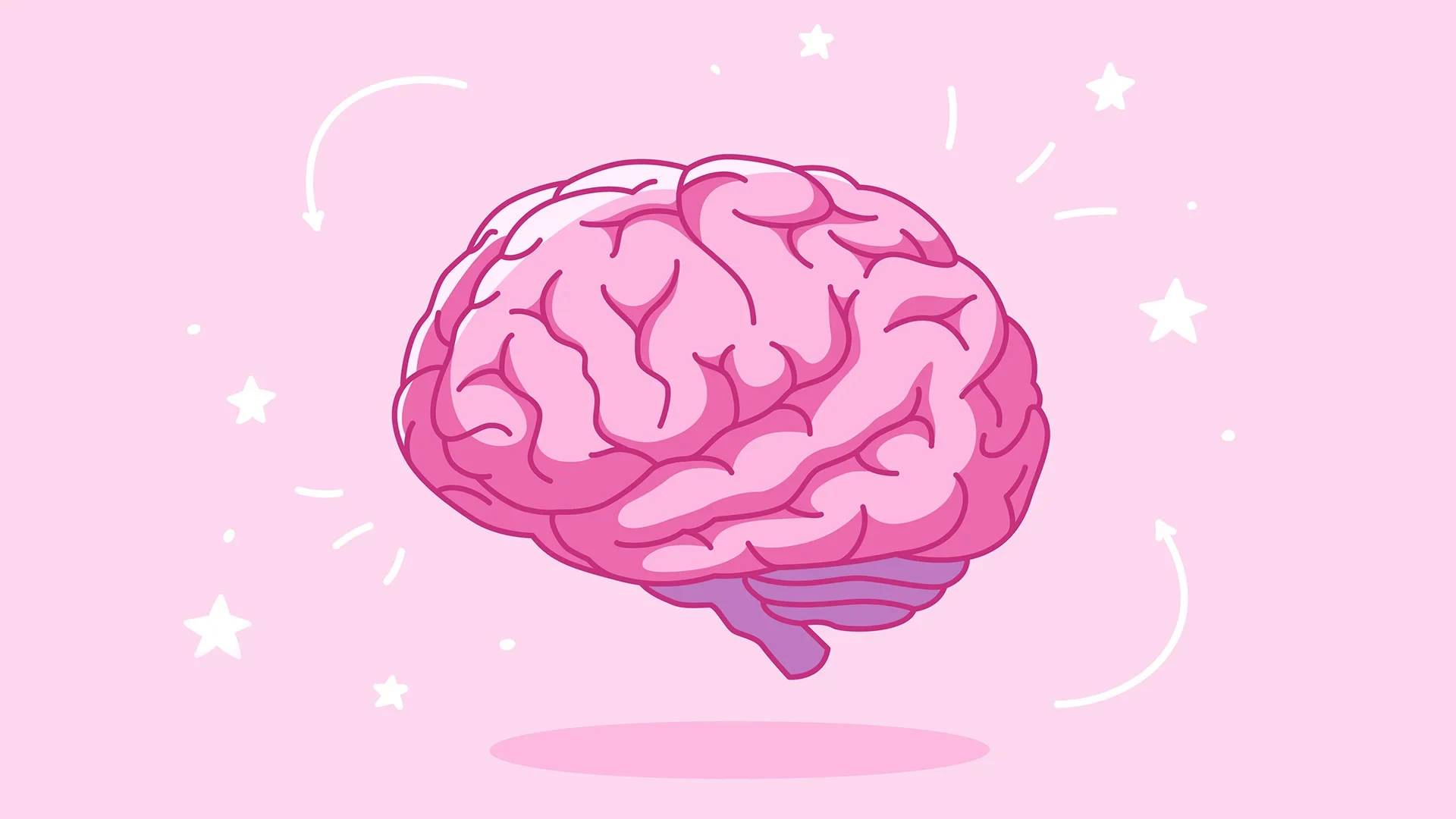
"This is a column about a helpful trick that will radically improve your memory with minimal effort so you can learn faster. But before I get to the science behind the technique and how it can help you in business, indulge me for a minute in explaining why I was so thrilled to discover it. Learning as an adult is hard. For the past 10 years, I have lived abroad on a small Greek-speaking island. Therefore, I have been trying to learn modern Greek. This, dear reader, has felt roughly like beating my head against a brick wall for a decade."
"The scientific underpinnings for this rule aren't new. Neuroscientists have long understood that, when it comes to our brains, forgetting isn't a bug. It's a feature. As University of California, Davis memory researcher and author of Why We Remember Charan Ranganath has explained, "Although we tend to believe that we can and should remember anything we want, the reality is we are designed to forget." We naturally forget older memories our brains deem less important in order to make room for newer, more valuable information. Memory is, essentially, a competitive process, according to Ranganath."
An adult learner struggled for a decade to master modern Greek despite tutors, flashcards, apps, and regular practice, finding progress slow and frustrating. Persistent difficulty led to seeking a method that would store more grammar and vocabulary more reliably. The 2-7-30 Rule is introduced as a simple technique intended to boost memory with minimal effort to help professionals learn skills faster. Neuroscience shows forgetting is adaptive: the brain prioritizes newer, valuable information and discards less important older memories. Memory operates as a competitive process, so timed repetition can help important items persist.
Read at Fast Company
Unable to calculate read time
Collection
[
|
...
]